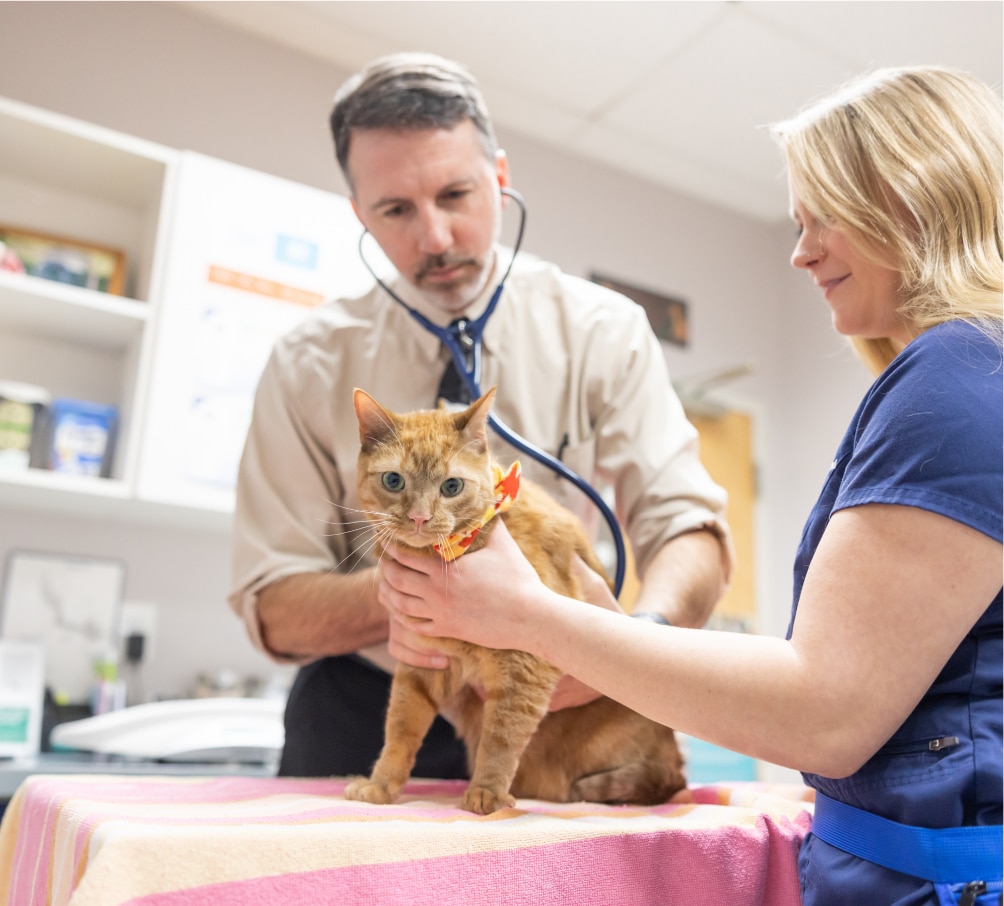As the seasons change, it’s common for your dog to sniffle and sneeze a little bit if they suffer from allergies.
However, if your pet is experiencing persistent, harsh coughing, it could be a sign of kennel cough.
This is an extremely common and contagious disease in dogs. Though it is not deadly, if it is left untreated it could lead to further health complications. This is especially true for senior and immune compromised dogs.
Read on to learn everything you need to know about kennel cough:
What Is Kennel Cough?
Kennel cough, also known as canine infectious tracheobronchitis, is a common term for a variety of respiratory illnesses. Much like a cold in a human can be caused by a multitude of viruses, kennel cough has several different causes.
The most common cause of kennel cough is a bacteria known as Bordetella bronchiseptica. When the dog breathes the bacteria into their respiratory tract, their immune system can often fight it off.
However, if the dog has a mild virus at the same time, or they are surrounded by contagions for a prolonged period of time, they are more likely to contract kennel cough.
Risk Factors for Kennel Cough
The most common cause of kennel cough is crowded, poorly ventilated shelters or kennels, hence the name. If you are rescuing a dog from such a shelter, you will want to take them to the vet before introducing them to any pets you have at home.
Another leading risk factor is prolonged exposure to cold temperatures. Never leave your dog outside during the winter months for hours at a time.
Breathing in irritants such as dust or cigarette smoke can also lead to kennel cough.
Symptoms
A persistent, forceful cough is the most discernible symptom of kennel cough.
This is often described as a choking sound, as if there is something caught in the dog’s throat. It may also occur as a “honking” sound, like that of a goose.
Some small breeds of dogs experience the cough as a reverse sneeze, which is described as a repetitive wheezing inhale.
Other symptoms include a runny nose, discharge from the eyes, sneezing, and lethargy.
Treatment & Prevention
Some dogs will be able to fight off the disease without medical intervention.
However, if left untreated, the disease has the potential to develop into something worse, such as pneumonia. It is always the safest bet to have the dog treated by a vet as soon as possible.
The vet will likely prescribe an antibiotic to speed up the recovery process and minimize the worst symptoms. Most dogs will be back to full health in just three weeks.
If the symptoms persist for more than 6 weeks, visit your vet again.
Because this is a highly contagious disease, you want to isolate your dog from all other household pets. Your pet will need plenty of rest, water, and love to recover.
Vaccines are also available for puppies to boost their immunity against kennel cough. However, just like the flu vaccine that we get once a year, it does not cover all the many strains of the virus, and therefore does not guarantee immunity.
Trusted Veterinary Care in Frederick, MD
If you suspect your dog has kennel cough, don’t wait any longer. The trusted team at Old Farm Veterinary Hospital can help. Our goal is to help furry friends in Frederick, Maryland, and beyond maintain a healthy, happy life. We also offer the Bordetella vaccine that your pup may need to enter certain dog parks, grooming facilities, and boarding places. Call now to schedule an appointment!



